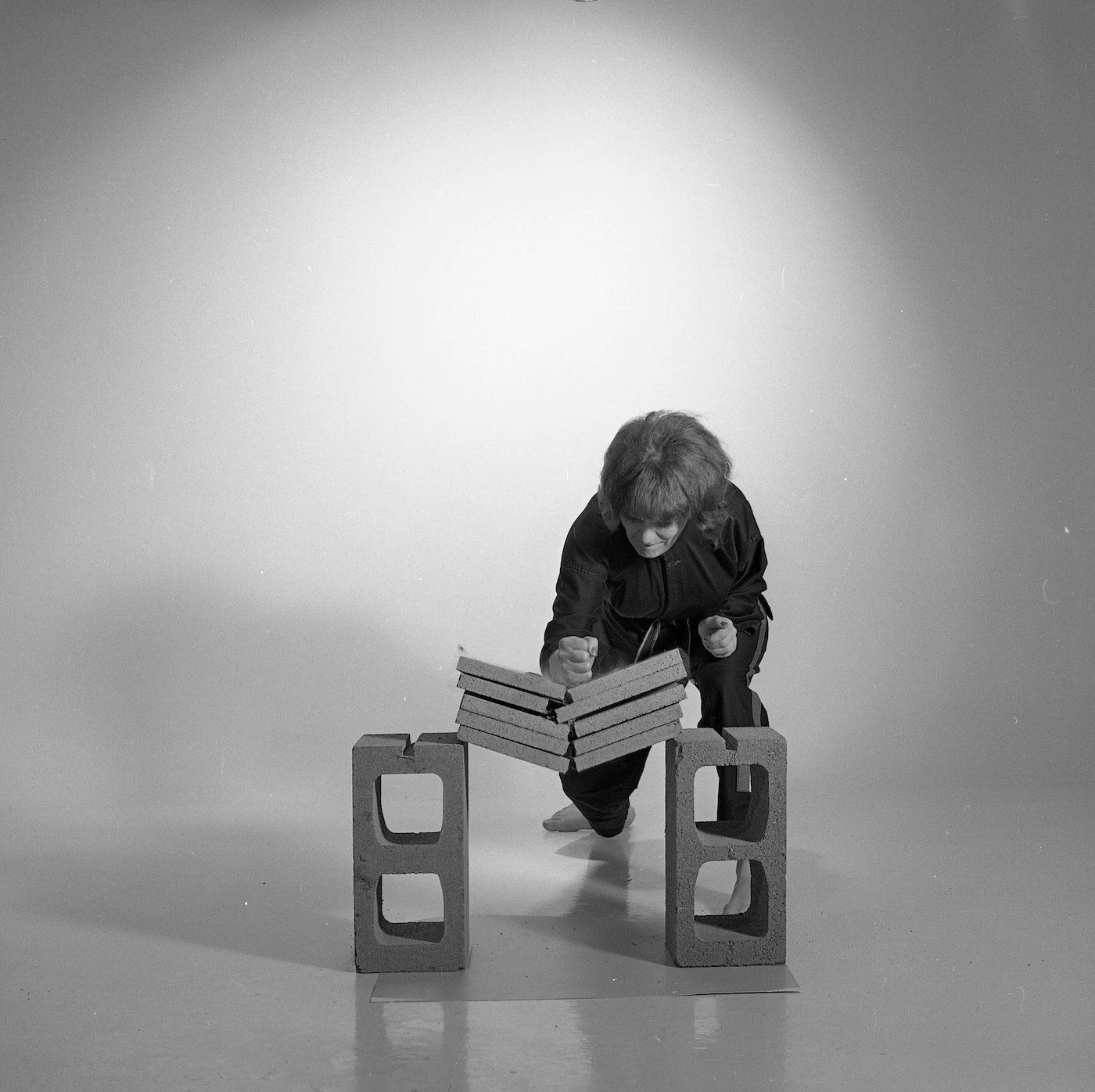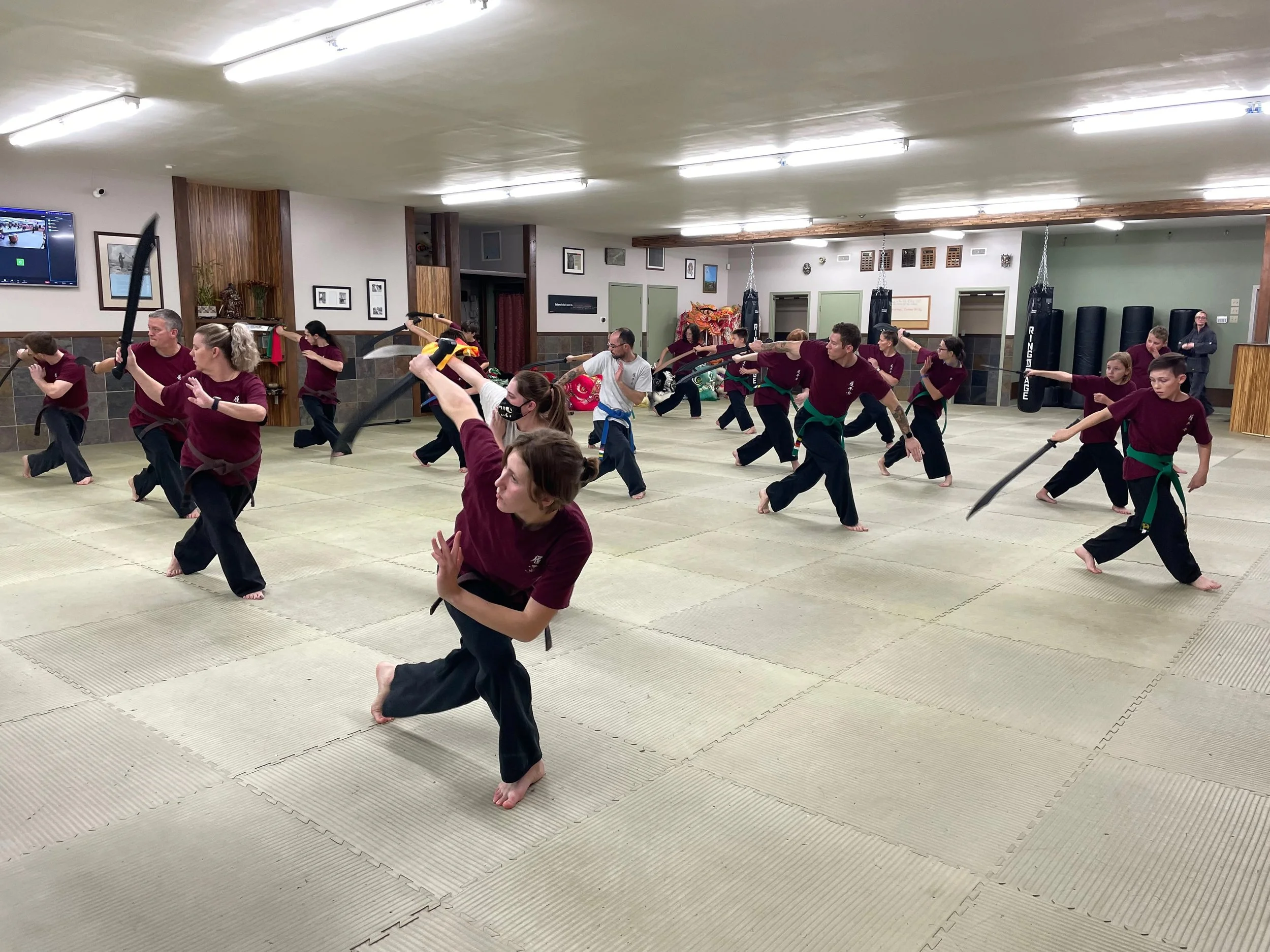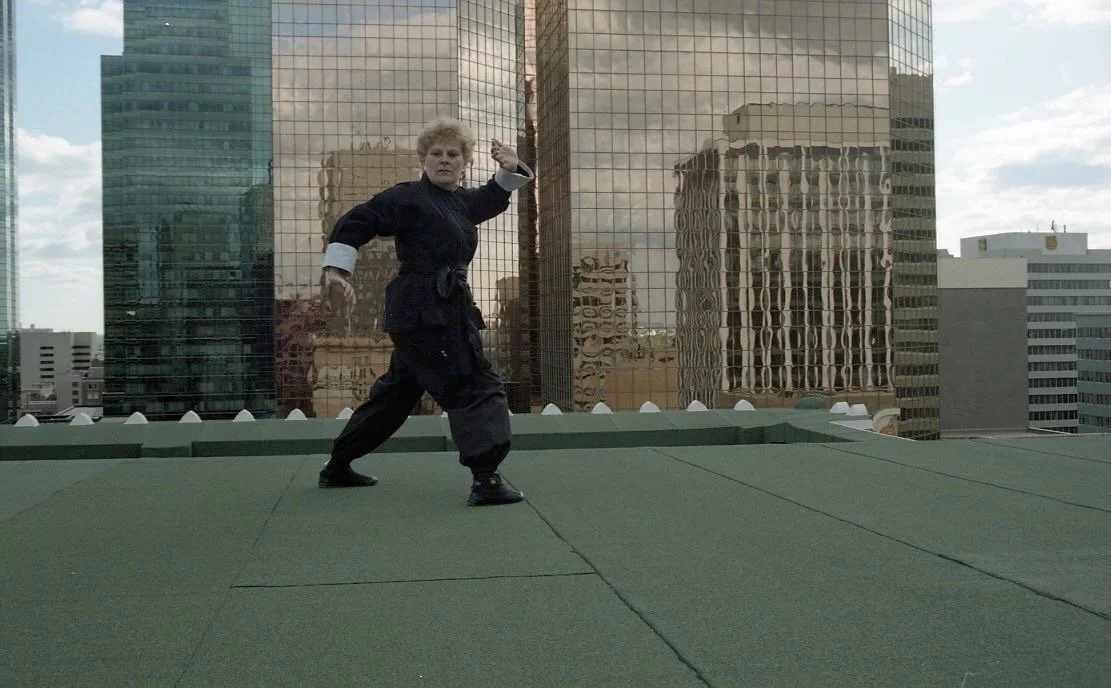“The humble man makes room for progress; the proud man believes he is already there.” - Sigung Ed Parker (1931 - 1990)
If you ever wonder whether the feedback an instructor is sharing with the entire class specifically applies to you, stop wondering. It does. No matter how removed the feedback seems from your own situation, its relevance cannot be evaluated or understood unless it is first applied. Only application and effort unlock a lesson’s full potential.
We cannot control how a lesson is delivered but we have absolute control over how we apply the delivered lesson. We can choose to:
Ignore the lesson
Intellectualize the lesson and leave it at that.
Apply the lesson to the best of our ability and leave it at that.
Apply the lesson to the best of our ability and then analyze its efficacy.
Information is priceless. Probing deeper by asking WHY the lesson has helped or not is where deeper understanding of the art is gained. This understanding can (and must) be applied to everything you have learned in the past and then brought forward with this new, stronger foundation of insight. There can be over five years worth of knowledge waiting to be discovered within a single lesson.
Never underestimate the value of a lesson. Whether or not it helps you with your technique is not the sole indicator of its value. Understanding why it helps or does not help provides you with insights that, when applied to everything else you thought you knew, are infinite and priceless.
Jeff Brinker






